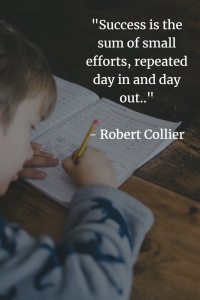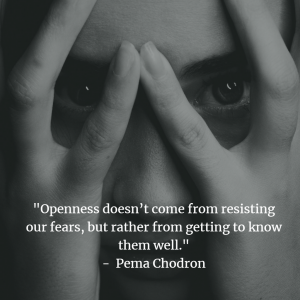Comprehension

“Only in some very special cases is comprehension the point of reading – in things like recipes and reading material. The point of reading is understanding, and comprehension is to understanding as getting wet is to swimming. You must do the one before you can hope to do the other, but you don’t do the other simply because you do the one.” – Richard Mitchell
As highlighted in the quote, unless for a special case like a recipe, the purpose of reading is to understand the text. This is reminiscent of the story in Acts 8 where Philip met the Ethiopian eunuch and asked him if he understood what he was reading, to which the eunuch responded, “How can I?” This underscores the importance of comprehension as a critical skill that is beneficial in life and the world today. Before discussing why it is crucial to help your child develop their reading and comprehension skills with the Bible, let’s examine what comprehension is.
Comprehension is the ability to read, process, recall, and understand what is being read. When children can comprehend what they read, they can extract meaning from the text, be it a story, article, or letter, and grasp its key takeaways. Children need to be able to learn from written words independently, as this skill is essential in all types of school and adult life. Without comprehension skills, a child will struggle in school and adult life, losing the joy of reading and learning. This will result in decreased vocabulary and knowledge of the subject, as the child will not fully understand important lessons, stories, articles, and arguments.
Some people believe that English comprehension is taught in school and that faith should be left for the church or home. They are missing out on the opportunity to help the child develop key life skills while increasing biblical knowledge. Also, many children get frustrated when reading the Bible because they lack the comprehension skills needed to understand the passages. They give up and miss not only the learning of God’s message to us but also the opportunity to improve their comprehension skills. Helping your child to read and develop comprehension skills will support their cognitive development and prepare them for academic success. It will also strengthen the bond between you and your child, improve their concentration, discipline, imagination, and creativity. The focus should be on Bible reading, not Bible study. While both are important, they should not be confused or mixed, as this can cause apathy. Also, it is not a memory test for the child but a time to be enjoyed together.
The Bible contains many passages and literary forms that will enrich your child’s experience, such as history, poetry, figures of speech, narratives, parallelism, and others. The following tips may be useful in helping you and your child:
- Ensure that your child is reading a Bible written at their current reading level. For example, there’s no use in having a child read a King James Version if their current reading level would be better suited by an Easy Read Version.
- Make sure that the content is age-appropriate, whether you are reading and discussing it with the child or if the child is self-reading.
- Set aside a time to read and talk with the child about the passage they have read or that you will read and discuss with them.
- If the child is old enough, you can try journaling, where the child reads and shares what they have read with you through their journal. You must be committed to reading the journal and then discussing it periodically with the child.
- Start with small passages, not bulky texts.
- Fit the discussion time around your schedule, such as during school runs, shopping, or relaxing at home together.
To help the child understand the text and build comprehension skills, you can encourage them to adopt the following tips and use them for discussions:
- Identify the main idea of the passage.
- Determine who wrote the passage, who it was written to, and where the story took place.
- Underline key phrases.
- Determine which words in the passage the child doesn’t understand and what they mean.
- Use context clues to figure out the meaning of text they might be struggling with.
- Summarise the passage based on their understanding. Note that it’s not about being right or wrong, but helping the child develop the skills of using the passage and making meaning out of it.
- Consider how they should respond to what the passage is talking about.
With time, these small steps will help the child develop their comprehension skills. I recently came across a comprehension answer from a text about turkey, where the question was “How does the text make you think about turkey for Christmas?” The answer was “We don’t eat turkey at Christmas,” missing the connection to the comprehension text and how to respond to the question. Regular reading and discussions with your child will result in a better understanding of academic text.





